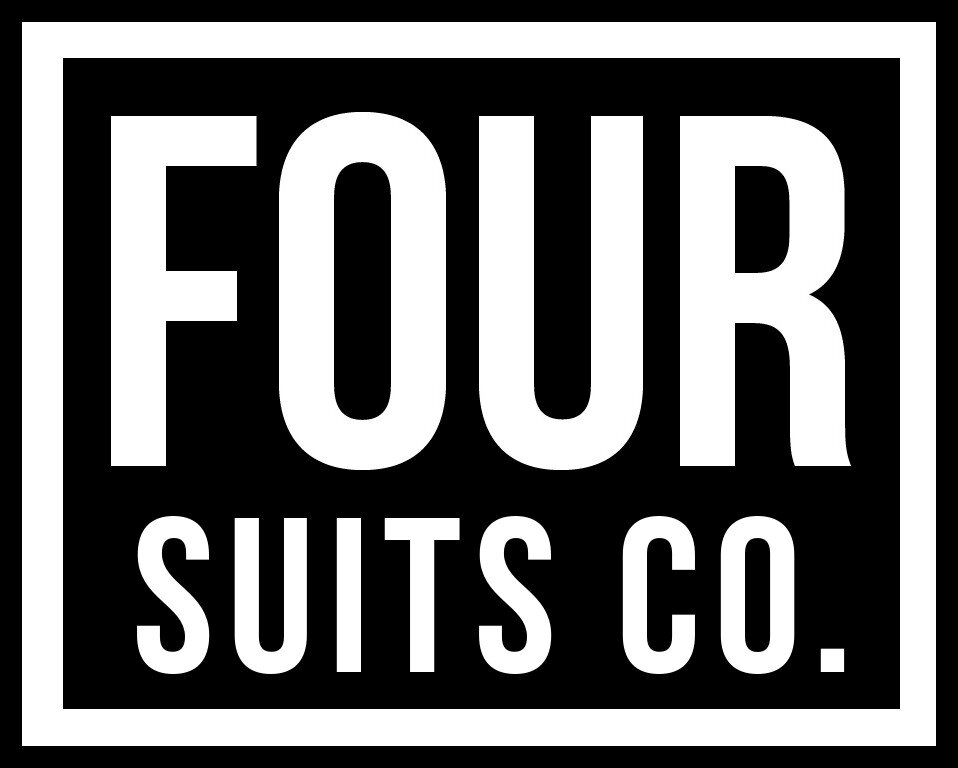Been doing a bit more proscenium style stage work recently, which has led me to draft a few scripts of my performances so that I can nail down the story line. I find that beginning the official scripting process is best once I’ve already established a basic routine and am able to work with a given structure of the effect. Working on some material for a couple upcoming Halloween engagements has me thinking about extremely farfetched magical effects coupled with some compelling storylines. With this great storyline supported by effects I have no clue how to accomplish, what’s the possibility that I will actually be able to construct and create the effects, even with double the time and budget? Next to 0%.
Which made me consider “What is the optimal methodology to creating a magic script?” Because magicians are almost always working with a prop of some nature, I think immediately creating an emotional/dramatic plotline which one must create 100% unique and new props for the plotline… yeah, that’s possible I suppose, once you got MGM showroom money. I suppose almost anything is possible then. But DC isn’t reading this site, so this advice isn’t for them.
What if you took a routine you’ve played with in a physical/effect manner and layered onto it whatever magic script could work with it? Then it would have all the freedom of a creative exploration, with the grounding of actually having workable effects/tricks within the story. Too often have I found myself in the creation zone and without a viable end product too close to a show. “Working from what you know” is a philosophy that will always leave your audience satisfied with magical moments, and while we may always want to create a lovely storyline, it must be supported by those moments of magic. Flex that creativity on the story, not the effects. Your magic-show-going audience will appreciate it.
-- J.R.

